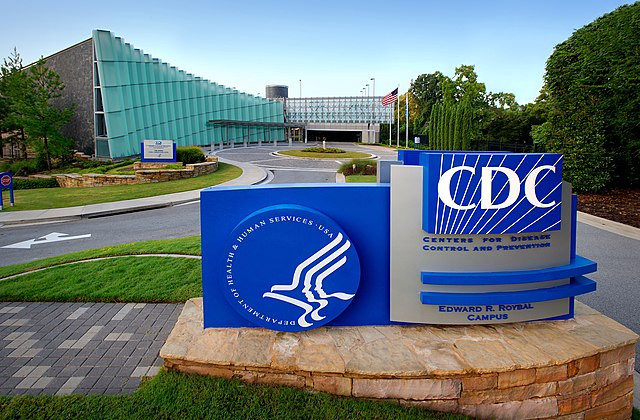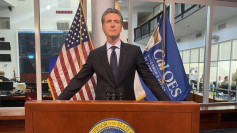A radically reconstituted vaccine advisory committee at the U.S. Centers for Disease Control and Prevention is set to vote Thursday and Friday on sweeping changes to the childhood immunization schedule, including scaling back the use of the combined measles-mumps-rubella-varicella (MMRV) vaccine and delaying the hepatitis B shot given at birth. The meeting marks the first major test of Health Secretary Robert F. Kennedy Jr.'s effort to reshape federal vaccine policy since he dismissed all 17 members of the CDC's Advisory Committee on Immunization Practices (ACIP) earlier this year and installed a slate of vaccine skeptics.
The new 12-member panel, chaired by Martin Kulldorff, a biostatistician and epidemiologist known for his opposition to COVID-19 mandates, is expected to vote on whether to withdraw the CDC's recommendation for the combined MMRV shot for children under age 4, citing data showing a higher seizure risk compared with separate MMR and varicella shots. The panel will also vote on whether to delay the hepatitis B birth dose until at least one month of age or leave it up to shared decision-making with parents unless the mother tests positive for the virus.
Kulldorff has said the goal is to "let science and parental choice drive the schedule." But many public health experts warn the changes could reverse decades of progress against infectious disease. "The U.S. didn't make much progress in combating hepatitis B until they moved to the birth dose," said Noel Brewer, a former ACIP member who was dismissed in the committee shakeup. "Risk-based vaccination didn't work ... people who are high risk rarely think of themselves that way."
Several of the new advisers have histories of questioning vaccine science. Catherine Stein, a Case Western Reserve professor, has argued that Christians "should not fear death" and opposed mask mandates as "symbols of fear." Pediatric cardiologist Kirk Milhoan has said COVID-19 shots should be halted over the rare risk of myocarditis. Evelyn Griffin, a former OB-GYN, has spoken at "health freedom" events questioning the safety of childhood vaccines.
The changes come after the firing of former CDC Director Susan Monarez, who told Congress she was pressured to rubber-stamp Kennedy's agenda. The resignations of several senior CDC officials followed, citing what they described as a predetermined policy process that bypassed scientific review.
Tara Smith, a professor of epidemiology at Kent State University, said the new lineup signals "an increasingly anti-vaccine stance" at the CDC. Jessica Steier, founder of Unbiased Science, warned that "policy changes based on misinterpreted data will have immediate, real-world consequences. Even if the votes end up in favor of these vaccines, so much damage is being done through these public shows of vaccine skepticism and anti-vaccine rhetoric."
Dr. Jesse Goodman, former chief scientist at the FDA, said the hepatitis B vote in particular poses a public health risk. "This is a watershed moment where, if the forces of rumor and innuendo overcome the real data and information, we could be headed for big troubles," Goodman said. "You don't want your kids, or someone you love, to have an incurable infection that ... can lead to cirrhosis and liver cancer."
Advocates warn that if ACIP recommendations are withdrawn, insurance coverage could lapse and the federal Vaccines for Children program could stop providing those shots, leaving parents who want to immunize their children with limited options.





